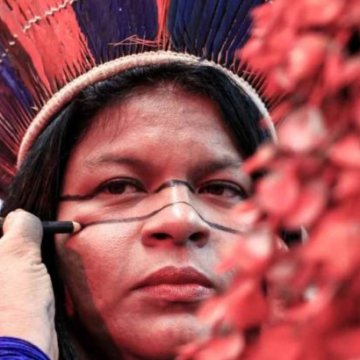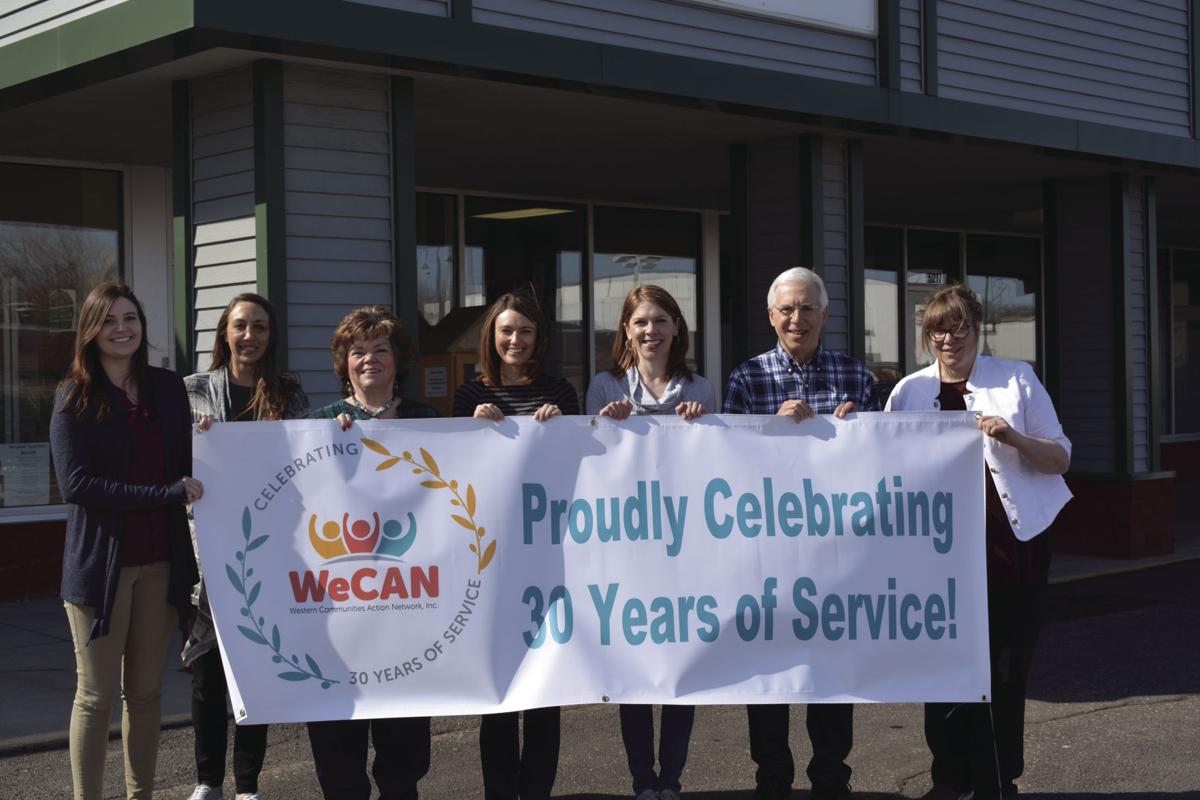- About
- Topics
- Story
- In-Depth
- Picks
- Opinion
- News
- Donate
- Signup for our newsletterOur Editors' Best Picks.Send
Read, Debate: Engage.
| topic: | Climate action |
|---|---|
| located: | Spain, Brazil, Chile, Colombia, Venezuela |
| editor: | Ellen Nemitz |
Sonia Guajajara started her speech at the press conference 'Indigenous Women of the Amazon: Calls to Action', held during UN Climate Change Conference COP 25, in Madrid, Spain, mourning for two indigenous leaders killed last Saturday, December 7, in an attack that left two other men wounded. "I lost three of my people in just 35 days”, Guajajara tells, adding that the crimes are not isolated cases and "reflect increasing hate and barbarism due to economic and political power”.
Guajajara also assesses that President Jair Bolsonaro has been inciting violent speech and racism: “Everyone who fights for environmental and for human rights is under risk. Unfortunately, these are not only threats anymore: murders are happening every day all over Brazil”. According to Guajajara, there have been more than 160 attacks and invasions since January 2019, a month declared “red” in order to denounce violence and prevent more deaths – the same is happening to December, for which Guajajara called people from all over the world to join.
If Brazil is facing huge challenges due to deforestation, forest fires and illegal mining, indigenous people from Ecuador struggle against oil companies. “Here in COP we are focusing a lot on the emissions [of polluting gases], but we are not focusing on the production. The production of fossil fuels is increasing in countries like Ecuador”, affirmed Helena Gualinga (Kichwa) from Sarayaku, an indigenous youth leader. The 17-year-old girl denounced human rights’ violations in her territory. “They come to our territories, they pollute our waters, they pollute our air, and they are also destroying our planet”, she said, referring to big companies. “I am here to demand that the oil is kept in the ground. We don’t need any more fossil fuel.”
Daiara Tukano, an indigenous researcher living in the border of Brazil, Colombia and Venezuela, talked about the absence of natural boards. “There are no boards to water, there are no boards to the air and there should be no boards to the earth”, she said. Attending the press conference, Tukano also mentioned the threats her people face, especially about mining attempts in her people’s territory and all kinds of traffic. The activist blamed the state's omission for various problems affecting her people, such as alcoholism and prostitution. The same as other speakers, she showed little confidence in world leaders attending the conference: “They don’t care about our nations”.
The girl was visibly emotive when remembering that Brazil and Colombia are the countries that kill the most indigenous people in the world, a fact that leads them to run away, hiding from presidents like Bolsonaro, whose desire to explore Amazon economically puts the environment and their lives in danger. “Water is sacred. We are sacred because we are the defenders and protectors of more than 80% of biodiversity in this world”, Tukano affirms. "Do you belong to the planet? So, please, take care of it and join this fight”, she asked.
The maintenance of life on Earth can be, in fact, in the hands of indigenous people. But the responsibility is collective. “Everyone has to take their role in helping to protect our lives and the environment. If we, indigenous people, are in danger, the whole of humankind is. If biodiversity is threatened by mining and agribusiness, the whole planet is in danger. This fight cannot be only ours. We can’t stand it alone anymore. Everyone is summoned to come to the front line of resistance”, calls Sonia Guajajara.
Osprey Orielle Lake, Executive Director of the Women's Earth and Climate Action Network (WECAN) International and moderator of the conference, supported the speakers about the importance of the forest to decrease climate crisis' impact. She highlighted as well that keeping global warming up to 1.5 degrees requires protecting Amazon Rainforest and standing up for indigenous people and their rights: "Not one more drop of indigenous’ blood. The Amazon is not for sale”.
Image: Sonia Guajajara/Amazonia.org

